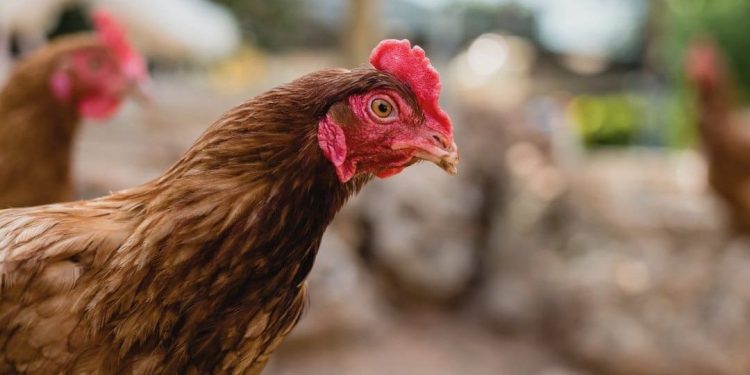NSW and Victoria respond swiftly to contain separate avian influenza outbreaks affecting poultry farms.
An outbreak of avian influenza has prompted emergency responses in New South Wales (NSW) and Victoria, with measures aimed at containing and eradicating the virus from affected poultry farms. In Greater Sydney’s Hawkesbury district, a mixed barnyard and free-range poultry farm reported cases of the H7N8 strain, leading to the death of 8000 birds within 48 hours. NSW authorities swiftly implemented a biosecurity incident plan, including sample testing by CSIRO and issuing control orders to depopulate and dispose of affected birds in a biosecure manner.
Tara Moriarty from the NSW Department of Primary Industries reassured consumers that there is no risk to human health from poultry products, as the virus affects only birds. The response plan involves lockdowns, movement restrictions, and financial compensation mechanisms activated in collaboration with federal agencies and the egg industry.
Meanwhile, in Victoria, seven poultry farms have been affected by two strains of high pathogenicity avian influenza (H7N3 and H7N9). Agriculture Victoria has implemented strict quarantine measures, including movement controls and housing requirements for all poultry in affected areas. The outbreaks are being closely monitored, with efforts focused on containment, cleanup of infected sites, and tracing the infection’s origin and spread.
Both states have mobilized veterinary teams and engaged with industry stakeholders to mitigate economic impacts and ensure effective disease control measures. The incidents highlight the vulnerability of the poultry industry to such outbreaks and underscore the importance of robust biosecurity protocols in safeguarding livestock and maintaining market confidence.
Error




